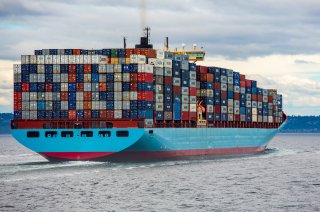
category_news
Thematic spotlight on...Trade and Telecoupling
In over 10 years, FACCE-JPI has funded 162 projects. In this series of thematic spotlights, we analyse FACCE-JPI projects on a specific theme and focus on their key insights and publications. In this thematic piece, we focus on the importance of trade and telecoupling.
Background and Introduction
Why is studying trade important for sustainable agriculture in a changing climate?
Food systems have become increasingly interconnected. The distance between where an agricultural product is grown and where it is processed and ultimately consumed can be quite large, allowing for geographically distant human and natural systems to become increasingly connected. Climate change can also affect food production in one region and disrupt food availability and food security in other regions.
The socioeconomic and environmental interactions between distant coupled human and natural systems can be integrated into the conceptual framework of ''telecoupling'', which helps to understand complex interactions and feedback between different socio ecological systems across distances. It recognises that social and ecological systems are increasingly interconnected through flows of information, goods, people, and environmental impacts. It recognises that actions in one geographical location can have significant effects in distant locations, creating a network of relationships and interdependencies.
Studying trade and telecoupling can help to understand the risks of climate change on agriculture, assess vulnerability and resilience as well as trade-offs and unintended consequences. Additionally, using the telecoupling framework can be useful to analyse effective research and policy within agriculture and wider food systems.